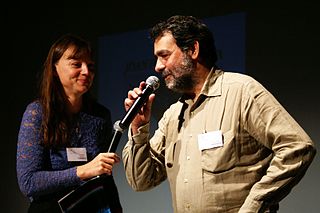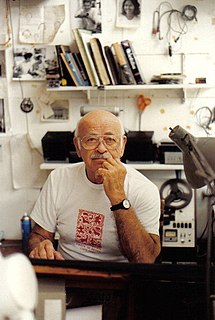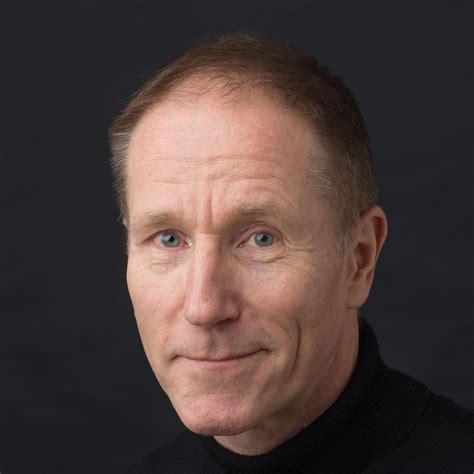A Quote by Henri Cartier-Bresson
Photography is not documentary, but intuition, a poetic experience.
Quote Topics
Related Quotes
I'm not responsible for my photographs. Photography is not documentary, but intuition, a poetic experience. It's drowning yourself, dissolving yourself, and then sniff, sniff, sniff - being sensitive to coincidence. You can't go looking for it; you can't want it, or you won't get it. First you must lose your self. Then it happens.
When you say documentary, you have to have a sophisticated ear to receive that word. It should be documentary style, because documentary is police photography of a scene and a murder ... that's a real document. You see, art is really useless, and a document has use. And therefore, art is never a document, but it can adopt that style. I do it. I'm called a documentary photographer. But that presupposes a quite subtle knowledge of this distinction.
I don't know that there were any rules for documentary photography. As a matter of fact, I don't think the term was even very precise. So as far as I'm concerned, the kind of photography I did in the FSA was the kind of photography I still do today, because it is based on passionate concern for the human condition. That is the basis of all the work that I do.
The very act of representation has been so thoroughly challenged in recent years by postmodern theories that it is impossible not to see the flaws everywhere, in any practice of photography. Traditional genres in particular-journalism, documentary studies, and fine-art photography-have become shells, or forms emptied of meaning.
Poetic experience is distinct in nature from mystical experience. Because poetry emanates from the free creativity of the spirit,it is from the very start oriented toward expression, and terminates in a word proffered, it wants to speak; whereas mystical because it emanates from the deepest longing of the spirit bent on knowing, tends of itself toward silence and internal fruition. Poetic experience is busy with the created world and the enigmatic and innumerable relations of existents with one another, not with the Principle of Being.



































